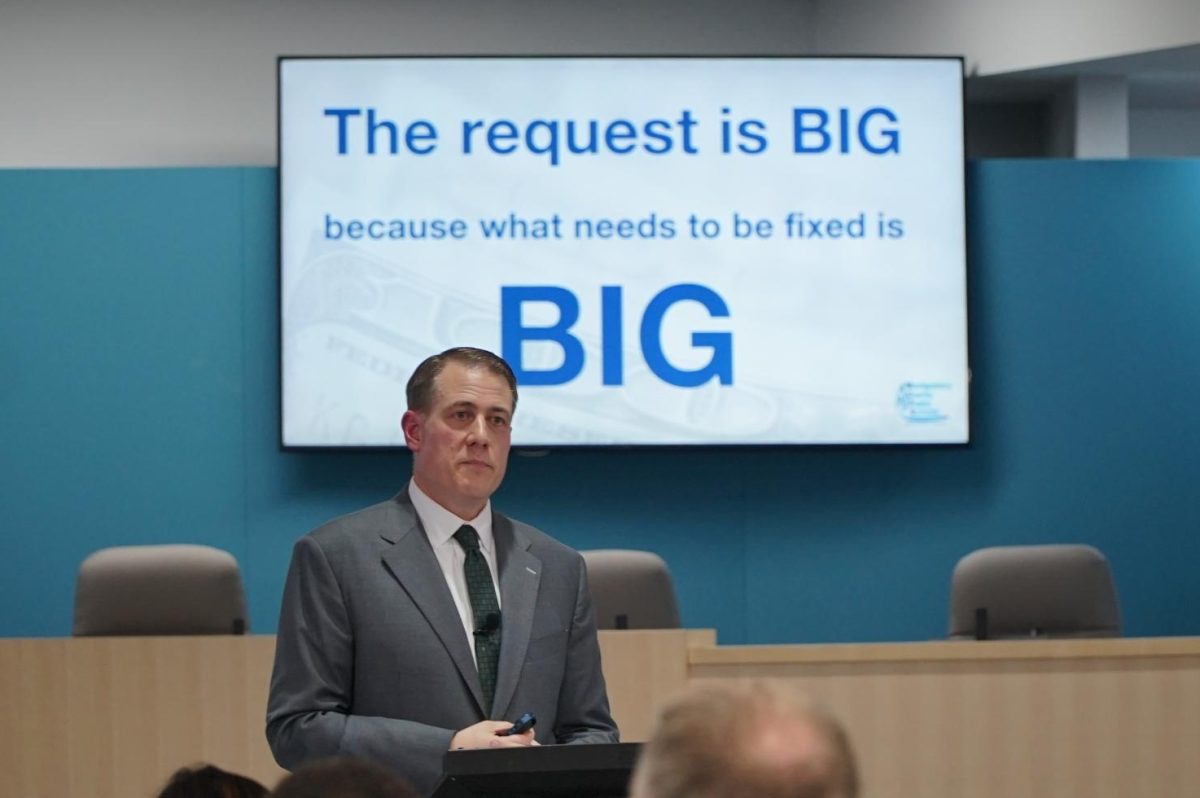As the excitement of the new year builds and plenty tune in to Ryan Seacrest’s New Year’s Rockin’ Eve while counting down the seconds until January 1, we are thrust into a climate and mindset of rejuvenation and refreshment once the calendar flips. We welcome this as we commemorate the new year by setting personal goals, or resolutions that are often made habitually, or crafted in a climate of goal-setting rather than made in a grounding state of necessity.
We can all recognize the lingering presence of New Year’s resolutions, as most of us attempt to set and reach these goals for ourselves in the coming year. While these resolutions might come from a place of optimism, Psych News Daily conducted a study showing how nearly ⅔ of people abandon resolutions within a month, more than 50% of people made the same resolution the year before, and more than 50% of people base their resolutions on physical goals such as dieting or exercising.
So why does this happen? Why don’t the resolutions we long to see the results of fail in such a short period of time? First of all, making a resolution habitually at the beginning of the New Year just for the sake of making a New Year’s resolution is not a recipe for success. These resolutions are not intentionally thought out and aren’t coming from a place of authentic motivation, but rather just to participate in a fun tradition.
As illustrated by the study referenced above, most resolutions are based on societal norms or dictations such as wanting to live or look a certain way. When goals are set based on what society dictates as a ‘good’ lifestyle change, they aren’t catered to what an individual wants or needs to do for themselves to truly improve their lifestyle, making these goals easier to put off or ignore.
Furthermore, most resolutions require a significant lifestyle or habitual change. Humans are incredibly habitual creatures and we rely on routine and practice. Thus, setting a goal to work out everyday, for example, requires changing one’s daily routine to include time for the gym. This may be conceivable for the first day or two, but maintaining this drastic shift in behavior is incredibly difficult, especially if attempted without any gradual process.
Another major flaw in the resolution-making process is that many resolutions are unreasonable or unattainable. If you have only gone to the gym a few times in your life, how are you going to suddenly go to the gym every single day just because the calendar reads differently?
Business Insider also stated that many new year’s resolutions fail because they are not specific enough. If you say that in 2022, you will go to the gym everyday, that leaves room for failure, bail and ineffectiveness. If you decided that you would go to the gym for 30 minutes at 6:00 pm every night on weekdays rather than haphazardly claiming that you will go to the gym more in the new year, you will find that these goals will more easily fit into your schedule and will soon become habitual.
Now, my purpose is not to condemn the tradition of making New Year’s resolutions or say that you shouldn’t set goals for yourself in the new year, but these goals should be made more intentionally and better crafted for personal success.
You may ask how to design a resolution that is realistic, effective and specified. Well, I have taken it upon myself to provide a list of suggestions and tips on making a resolution that you can stick to and derive success from.
My list is as follows:
-
Throughout the weeks or months leading up to New Year’s Eve, make a personal list of things you wish to improve about yourself and your lifestyle. These can be things that you already enjoy doing, that you want to continue or new things you want to try.
-
Set goals that you know will be beneficial to you so that your goals are specified. Try not to solely base your resolutions on societal customs or generic lifestyle improvements.
-
Think about how these goals will benefit you in the long run and how you will be able to maintain these lifestyle or personal changes a few months down the road.
-
Set goals that require gradual changes rather than sudden and drastic ones.
-
Think of a clear and purposeful motive for achieving these resolutions so that when you find yourself slacking, you can remember your personalized, specific and meaningful motivation.




















